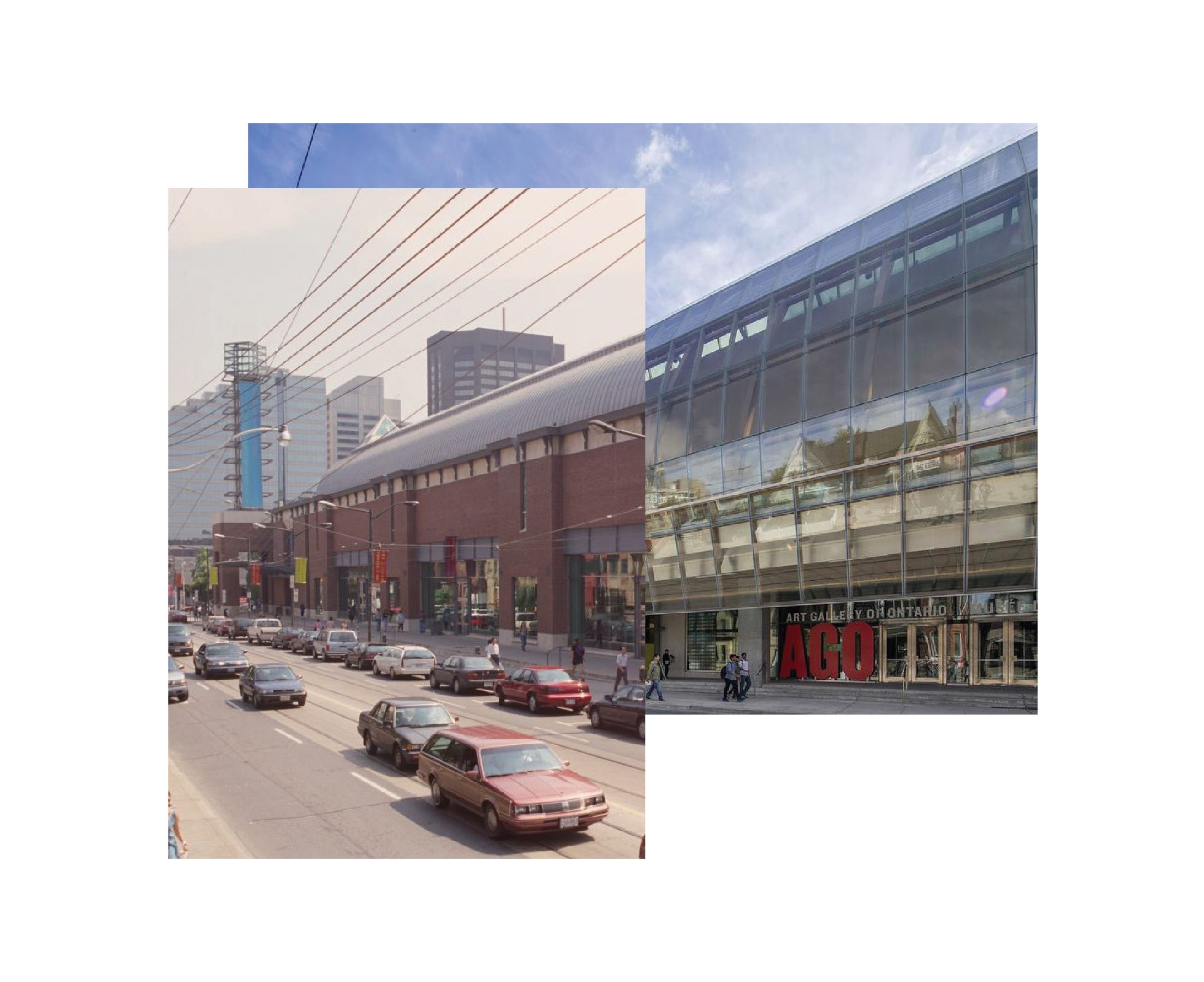Counterculture Plan for the Creative City: A Critique of Patterns of Flexibility and Fixity in Toronto's Creative Renaissance

Abstract:
Between the years 2000 and 2010, the City of Toronto experienced an unprecedented spike in cultural construction. This building boom, ushered in by Toronto’s “Culture Plan for the Creative City” and dubbed “Toronto’s Creative Renaissance,” has had a lasting impact on the city’s identity, shaping many of its most visible cultural landmarks. In this thesis, I look to Creative City theory and the architecture it has produced in Toronto as representative of forms of flexible accumulation which have been under development since the 1970s. Just as the free plan of the factory floor was representative of the patterns of Fordism, spectacular galleries and museums today represent new forms of capital accumulation. While finance, production, and workers have all become increasingly mobile, I argue that Toronto’s “Creative” architectures have all become increasingly inflexible. While architectural theorist Pier Vittorio Aureli has positioned flexible space as the edifice of expanding immaterial labour markets, I propose an alternate theory; spaces of immaterial and flexible labour exploitation take place in increasingly fixed and inflexible architectures. To make this argument, I draw on the work of geographer David Harvey, who points to the fact that flexibility is often contrarily reliant on fixity. Between the fixed architectures of the Creative City and the increasingly flexible landscapes of accumulation that they occupy, there emerges a destructive relationship to culture and context; flexible geographies + fixed architectures = a tabula rasa approach to history. Any cultural policy or construction that aims to foster stable cultural growth, founded in community as opposed to consumption, must actively resist these patterns. Only through the reallocation of flexible space to the scale of architecture, and by extension the provision of creative agency to the scale of the resident, can cities plan for anti-capitalist futures and cultures deeply rooted in context, community, and place.
The examining committee is as follows:
Supervisor:
Adrian
Blackwell
Reader:
Eric
Haldenby
Internal-external
committee
member:
Tara
Bissett
External
committee
member:
Mary
Lou
Lobsinger
The
defence
examination
will
take
place:
Wednesday
July
28,
2021,
9:00am
Teams
link
available
via
the graduate
student
Learn
page
or
by request.
The
committee
has
been
approved
as
authorized
by
the
Graduate
Studies
Committee.
A
copy
of
the
thesis
is
available
for
perusal
in
ARC
2106A.